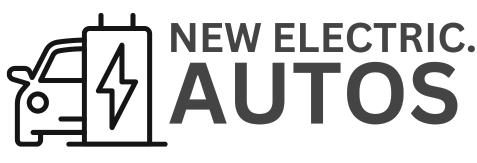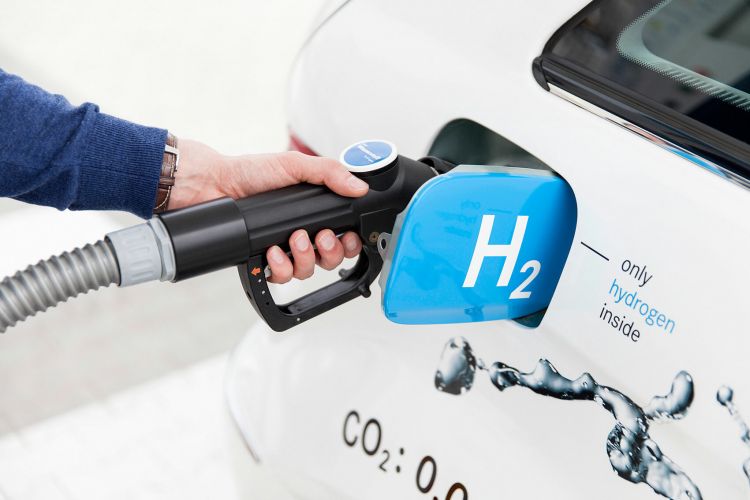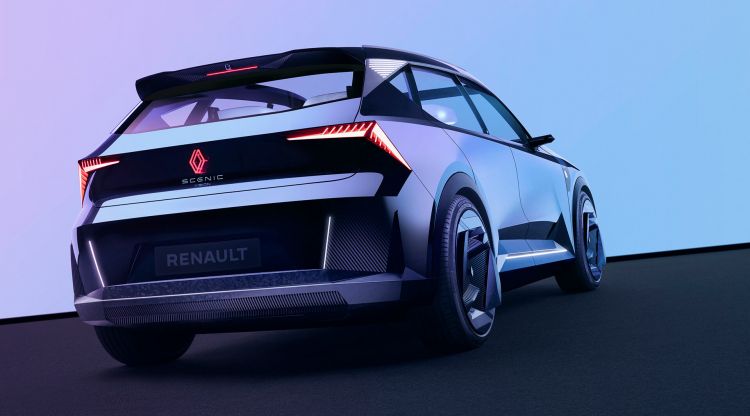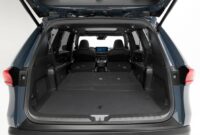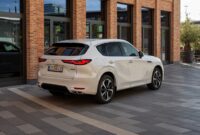Within the Renault-Nissan-Mitsubishi Alliance, the commitment to hydrogen has a French accent: Renault has flirted with the possibility of betting on this fuel, but it has done so in one of its prototypes. Now Nissan picks up the baton to start its own adventure… in China.
Nissan owns a partnership with Dongfeng in which they each have a 50% stake: Dongfeng Motor Company Limited is a Chinese car brand that manufactures passenger cars under the Nissan brand and commercial vehicles under the Dongfeng brand. Reason why it is not strange to see models similar to those of the group (Nissan Qashqai, Dacia Spring, Renault City K-ZE, which is actually the Renault Kangoo…), but with bodies adapted to the aforementioned Asian market.
new energies
Within this conglomerate there is also space for other firms such as Venucia, which was founded in 2012: Nissan’s tests with hydrogen as fuel will begin with it.
Currently, the range of this brand includes several models with a combustion engine: however, they have just announced a new stage in which there is no room for research and development of conventional gasoline vehicles. You will focus entirely on the electrified and electric cars: from now on lowered the hood of the new Venucia there will be other alternatives.
The brand, owned by Nissan and Dongfeng, wants to launch two new vehicles every year driven by “new energies”. Under this umbrella there is room for electric cars, but also for hybrid vehicles and even for those equipped with a fuel cell on board. All of them should considerably increase sales of Venucia in China: the goal is to reach half a million registrations per year.
Those in charge of opening the closure will be the Venucia VE Concept (a prototype electric car based on the new 800V EV platform) and the plug-in hybrid version of the Venucia V, which will be powered by the DD-i system, consisting of a 1.5-liter turbo engine that, thanks to its hybrid nature, promises a consumption of 4 l/100 km.
The Renault example
In 2022, Renault showed an interesting prototype named Renault Scénic Vision. The particular thing about this ‘concept’ is that it incorporates a hydrogen hybrid system: It continues to use electric motors and batteries, but incorporates a hydrogen tank.
With this formula, the Renault Scénic Vision battery has a capacity of 40 kWh to feed a 214 hp engine: it doesn’t need more because thanks the 16 kW fuel cell, it can be recharged using hydrogen and thus achieving a range of up to 800 kilometers. The tank is also filled in five minutes.
However, this prototype does not imply that we are going to see a new generation of the Renault Scénic in dealerships, also powered by hydrogen. Yes it is worth to check the intentions of the French brand when it comes to bet on different hybrid hydrogen systems, something she could share with her guildmates.
